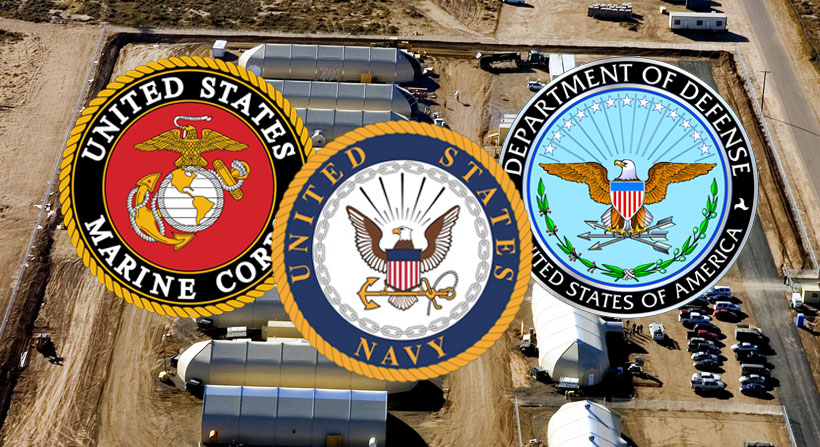
3DFS Announces SBIR Phase I Award from the U.S. Navy and the Marine Corps for Microgrid Work
April 19, 2011 – – 3DFS announced that it has been awarded a Phase I SBIR contract by the U.S. Navy via the Marine Corp. for Fuel Efficient Forward Operating Bases. The Pittsboro based company will provide a solution to address the problems that the DoD has in providing electrical power for forward operating bases efficiently.
Currently, the principal sources of electrical power for U.S. military forces abroad are diesel generators. The DoD has an estimated inventory of over 1 trillion watts of diesel generators. Delivering fuel to generators at these forward bases is both expensive and dangerous. One estimate is that delivering a gallon of gas to a remote base in Afghanistan can take weeks and cost $400. Military estimates are that these fuel convoys can account for as much as 60 to 80% of the casualties in theater. According to the New York Times, an army study showed that one soldier or civilian was killed for every 24 fuel convoys.
Diesel generators typically operate at 50% efficiency. The inability to operate generators in parallel to form a microgrid as well as to integrate renewable energy sources readily are major causes of this inefficiency.
The 3DFS™ Power Controllers and Microgrid Managers address the problem the DoD has in creating microgrid in order to decrease its reliance on fossil fuels. The projected net result will be a microgrid with ultra pure electricity and a significant decrease in fossil fuel usage. The 3DFS™ Power Controllers and Microgrid Managers will increase generator efficiency from 50% to 75% and further with the inclusion of renewable energy sources, such as solar PV and wind, and energy storage will decrease the use of fossil fuels by 40 to 50%. The net result will be lower total operating costs for electricity as well as significantly reduced casualties due to fewer fuel convoys.
# #


